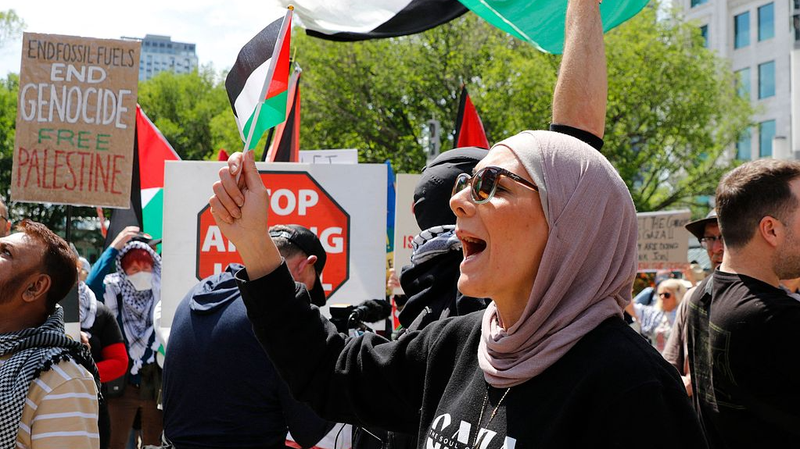In a landmark move ahead of the United Nations General Assembly this September, France, Britain and Canada have announced plans to officially recognize the State of Palestine. This bold step aims to inject fresh momentum into stalled peace efforts and put global attention on a long-running conflict.
Why the September UNGA?
The UN General Assembly in September is the world’s most high-profile diplomatic gathering, with heads of state from over 190 countries and regions delivering keynote addresses. "Announcing recognition of Palestine during this session would carry maximum political weight," says Professor Niu Xinchun of the China-Arab States Research Institute at Ningxia University.
Divisions in the UN Security Council have often blocked resolutions favorable to Palestine, especially due to vetoes by certain permanent members. As a result, the General Assembly has become the primary international forum for advancing Palestinian statehood.
Mounting Pressure on Israel
The humanitarian situation in Gaza has reached a critical point, with ceasefire talks stalling and living conditions worsening. International condemnation of ongoing violence has reached unprecedented levels.
Recent reports suggest Israeli leaders are weighing a decisive response. Professor Niu notes that Israel is no longer interested in phased negotiations with Hamas, instead pushing for an all-or-nothing deal on hostage releases. "If Hamas refuses, Israel may launch a full-scale operation across the Gaza Strip," he warns.
What Comes Next?
This diplomatic surge could lead to one of two outcomes: a comprehensive ceasefire or an escalation of military action. While a ceasefire remains the hoped-for result, many analysts believe the situation is headed toward further conflict.
As global leaders prepare to convene in New York, the recognition of Palestine at the UNGA could become a defining moment in Middle East diplomacy—and a test of international resolve.
Reference(s):
Experts: Why more Western countries to recognize Palestine at the UNGA
cgtn.com



